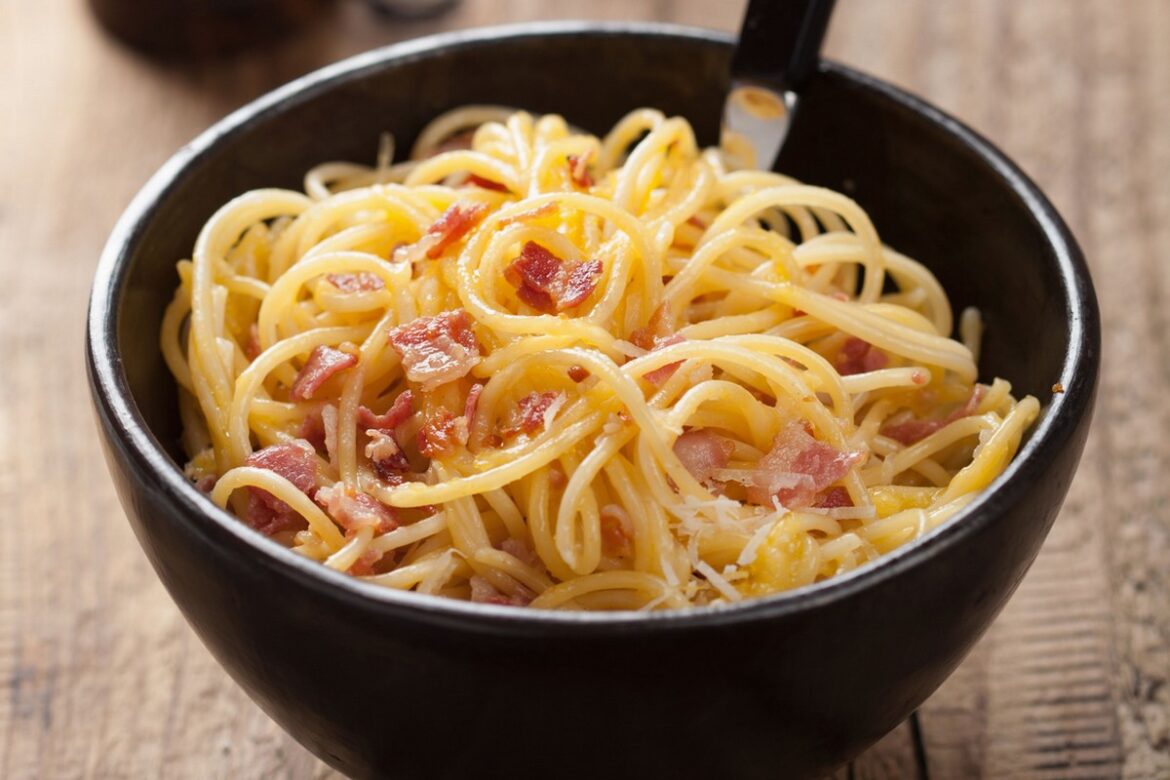Italian Prime Minister Giorgia Meloni’s Brothers of Italy party has launched a new culinary campaign, this time targeting the European Parliament in Brussels for selling “Italian-style” carbonara sauces in its supermarket. The move follows earlier criticisms of the European Commission over Christmas-related matters, marking another high-profile food-related dispute.
On Tuesday, the party’s delegation announced it would submit a formal letter to European Parliament President Roberta Metsola, criticizing the use of the Italian flag and Italian-sounding names on sauces produced outside Italy.
“The improper use of symbols or references to Italianness on products that do not come from Italy may constitute a deceptive practice and therefore be prosecutable,” said Carlo Fidanza, head of the party’s EU delegation, citing EU regulations on misleading advertising, as reported in Euronews.
The complaint was echoed on social media by Italian Agriculture Minister Francesco Lollobrigida, who highlighted bottled sauces made in Belgium bearing the tricolour and Italian-inspired branding, including carbonara. “I asked to immediately launch a verification,” Lollobrigida wrote on Facebook.
Authenticity at the Heart of the Debate
While the labels do not claim the sauces are made in Italy, they reference Italian ingredients, which, according to the party, is misleading. Critics also note the sauces depart from traditional recipes—for example, carbonara traditionally uses guanciale and no cream, yet the bottles contain pancetta and heavy cream.
This latest protest continues Meloni’s party’s broader campaign to protect Italian culinary heritage. Previously, the party has opposed plant-based alternatives marketed with meat terms and supported legislation banning lab-grown meat production in Italy.
Pre-made sauces are generally frowned upon in Italy, where residents take pride in traditional recipes and high-quality ingredients. The dispute echoes past controversies, such as a 2024 uproar over Heinz’s canned carbonara product, which prominent chefs derided as “cat food.”


Dining and Cooking